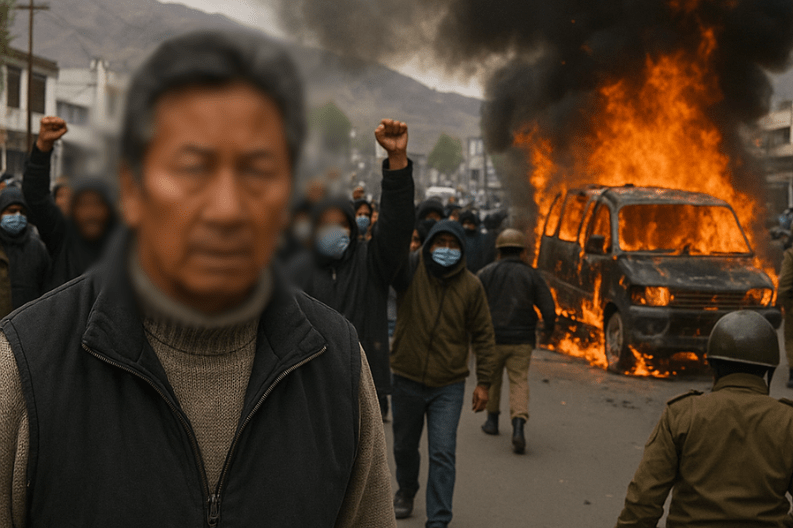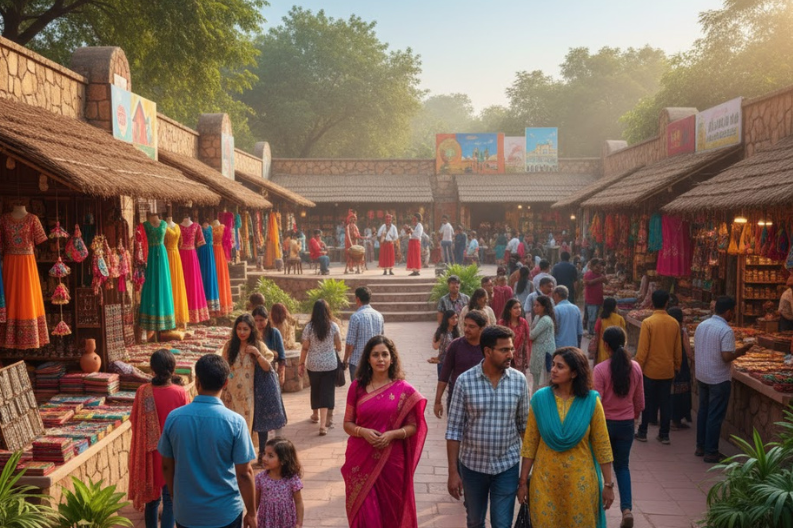A Sonam Wangchuk warning on Ladakh has become a reality as the region faces protests, violence, and deep frustration. In 2024, Wangchuk had already raised an alarm about the lack of democracy and growing unemployment. Now, in early 2025, these fears have turned into street clashes where four people lost their lives and over 80 suffered injuries, including police officers.
Ladakh became a Union Territory in 2019, but locals say the change has failed to meet their expectations. They wanted UT status with the legislature so that people could share in governance. Instead, bureaucrats from outside now control major decisions. As Wangchuk explained in Kullu in 2024, “We are thankful that Ladakh was made a Union Territory. But our original demand was UT with the legislature, so that the locals there could also participate in running their own region.”
This lack of representation, along with scarce job opportunities, has fueled serious anger. Ladakh has one of the highest unemployment rates in India, and young people feel ignored. Without jobs and without a role in governance, frustration grows daily.
The protests in Leh on Wednesday reflected this anger. Demonstrators demanded statehood and protection under the Sixth Schedule of the Constitution. Soon the protests turned violent. Crowds set vehicles on fire. Security forces used teargas and even fired live rounds. The response only made the crisis worse.
By afternoon, the Union Home Ministry imposed a curfew in Leh. Officials said the situation was under control by 4 pm. They also urged people not to share old or fake videos online, warning that such content could worsen tensions.
The demand for Sixth Schedule protections shows the deep desire of locals to secure their culture, land, and identity. This part of the Constitution safeguards indigenous communities and gives them control over resources and decision-making. For Ladakh, which shares borders with Pakistan and China, such protections are tied not only to culture but also to security.
Wangchuk has repeatedly warned that ignoring local voices could destabilize this sensitive region. He compared the situation to clipping people’s wings by denying democracy and cutting their hands by not giving them jobs. His warning highlights the dangerous mix of unemployment, lack of representation, and fragile geography.
The government now faces an urgent choice. It can provide jobs, strengthen local governance, and address statehood demands. If it fails, unrest could grow and damage peace as well as national security. Experts argue that real dialogue with the people of Ladakh is the only way forward.
This issue is more than politics. It is about everyday lives, young people seeking opportunities, and communities fighting to preserve their culture while building a secure future. The lessons from Wangchuk’s words and the violence in Leh show one truth: listening to people and giving them dignity are essential for peace.
The world is watching Ladakh closely. The government’s next steps will decide whether the region moves toward calm or deeper conflict. In the end, Sonam Wangchuk warning on Ladakh proves that ignoring local voices risks unrest, while dialogue and empowerment can bring lasting peace.



